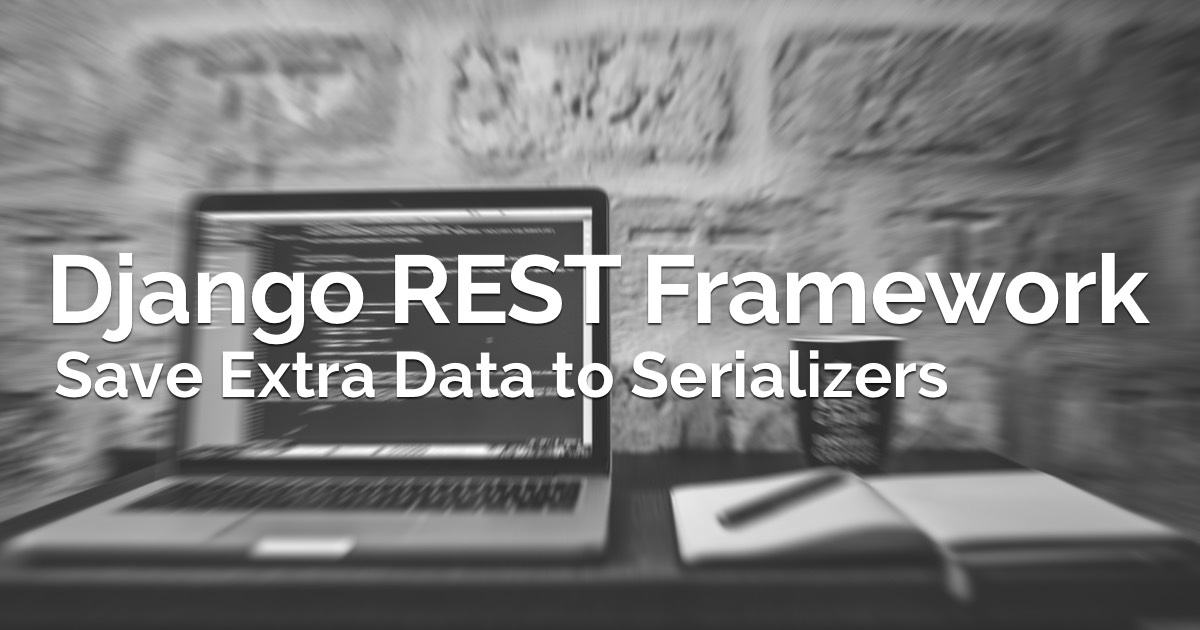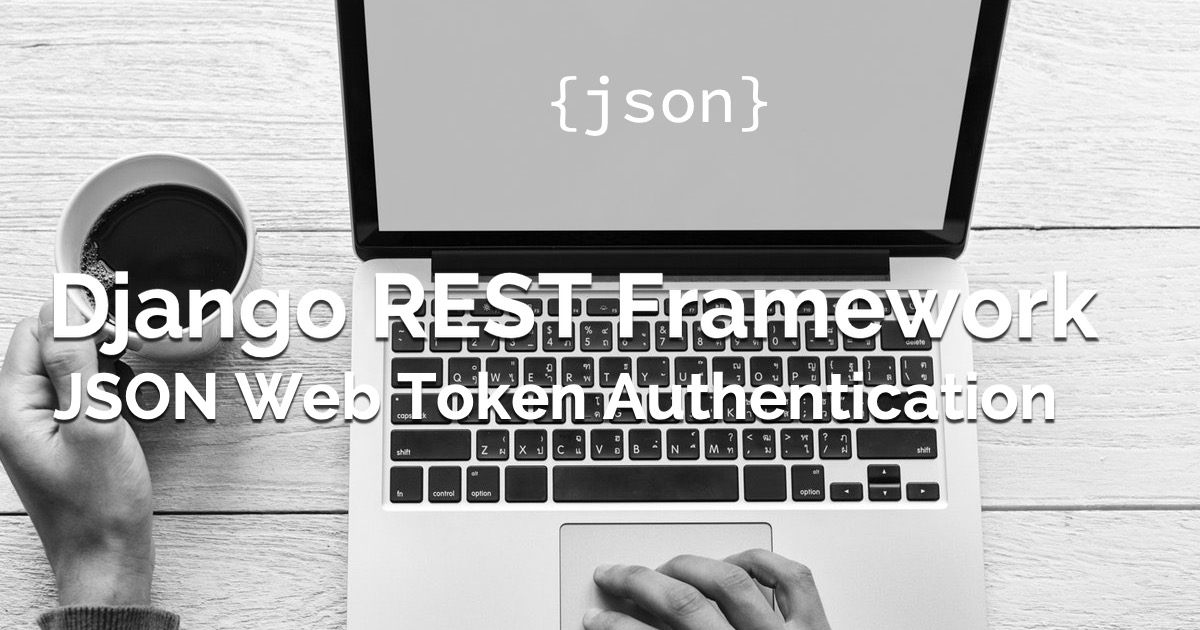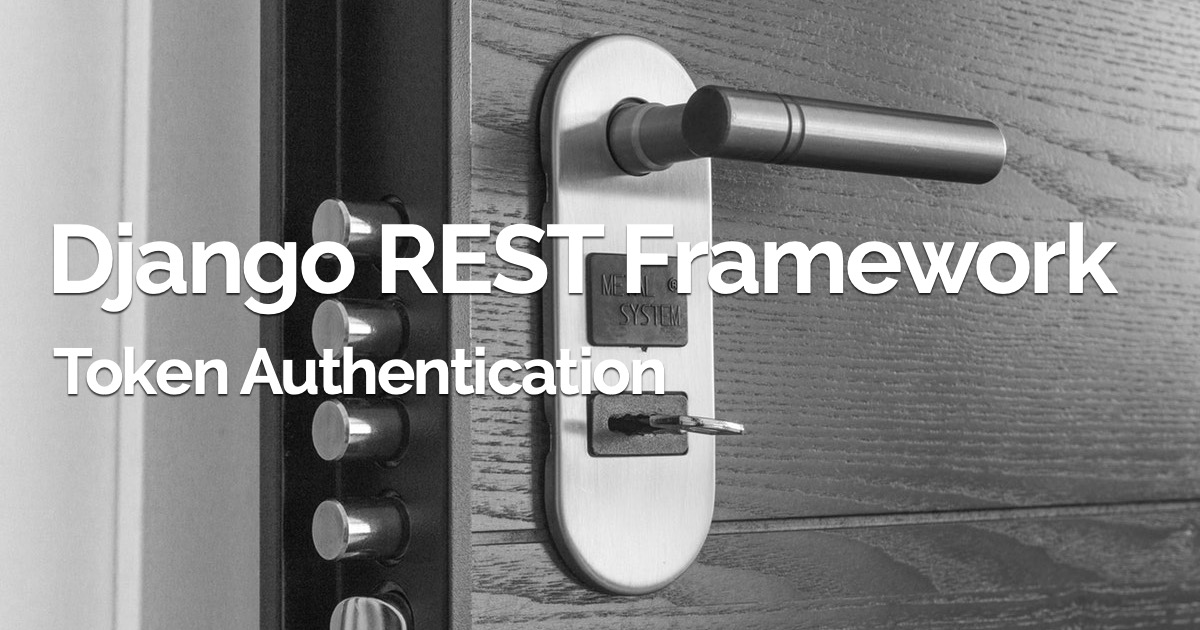In this tutorial you are going to learn how to pass extra data to your serializer, before saving it to the database.
Introduction
When using regular Django forms, there is this common pattern where we save the form with commit=False and then pass
some extra data to the instance before saving it to the database, like this:
form = InvoiceForm(request.POST)
if form.is_valid():
invoice = form.save(commit=False)
invoice.user = request.user
invoice.save()This is very useful because we can save the required information using only one database query and it also make it possible to handle not nullable columns that was not defined in the form.
To simulate this pattern using a Django REST Framework serializer you can do something like this:
serializer = InvoiceSerializer(data=request.data)
if serializer.is_valid():
serializer.save(user=request.user)You can also pass several parameters at once:
serializer = InvoiceSerializer(data=request.data)
if serializer.is_valid():
serializer.save(user=request.user, date=timezone.now(), status='sent')Example Using APIView
In this example I created an app named core.
models.py
from django.contrib.auth.models import User
from django.db import models
class Invoice(models.Model):
SENT = 1
PAID = 2
VOID = 3
STATUS_CHOICES = (
(SENT, 'sent'),
(PAID, 'paid'),
(VOID, 'void'),
)
user = models.ForeignKey(User, on_delete=models.CASCADE, related_name='invoices')
number = models.CharField(max_length=30)
date = models.DateTimeField(auto_now_add=True)
status = models.PositiveSmallIntegerField(choices=STATUS_CHOICES)
amount = models.DecimalField(max_digits=10, decimal_places=2)serializers.py
from rest_framework import serializers
from core.models import Invoice
class InvoiceSerializer(serializers.ModelSerializer):
class Meta:
model = Invoice
fields = ('number', 'amount')views.py
from rest_framework import status
from rest_framework.response import Response
from rest_framework.views import APIView
from core.models import Invoice
from core.serializers import InvoiceSerializer
class InvoiceAPIView(APIView):
def post(self, request):
serializer = InvoiceSerializer(data=request.data)
serializer.is_valid(raise_exception=True)
serializer.save(user=request.user, status=Invoice.SENT)
return Response(status=status.HTTP_201_CREATED)Example Using ViewSet
Very similar example, using the same models.py and serializers.py as in the previous example.
views.py
from rest_framework.viewsets import ModelViewSet
from core.models import Invoice
from core.serializers import InvoiceSerializer
class InvoiceViewSet(ModelViewSet):
queryset = Invoice.objects.all()
serializer_class = InvoiceSerializer
def perform_create(self, serializer):
serializer.save(user=self.request.user, status=Invoice.SENT)

 (Picture:
(Picture:  How to Use JWT Authentication with Django REST Framework
How to Use JWT Authentication with Django REST Framework
 How to Implement Token Authentication using Django REST Framework
How to Implement Token Authentication using Django REST Framework
 How to Extend Django User Model
How to Extend Django User Model
 How to Setup a SSL Certificate on Nginx for a Django Application
How to Setup a SSL Certificate on Nginx for a Django Application
 How to Deploy a Django Application to Digital Ocean
How to Deploy a Django Application to Digital Ocean